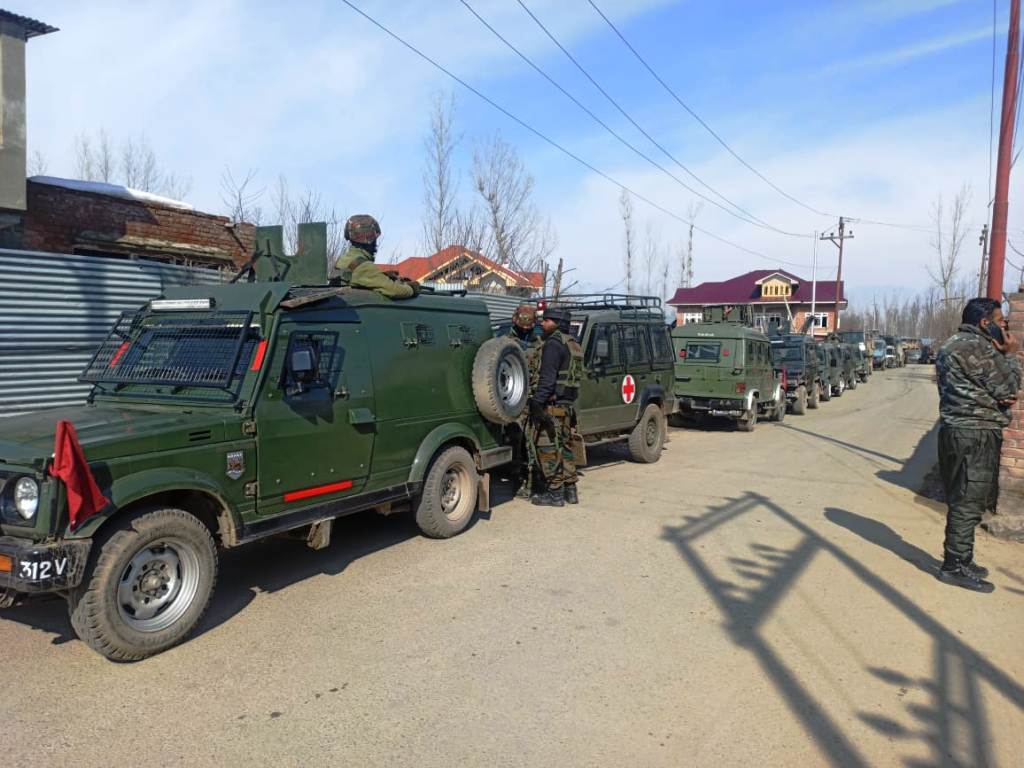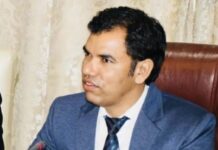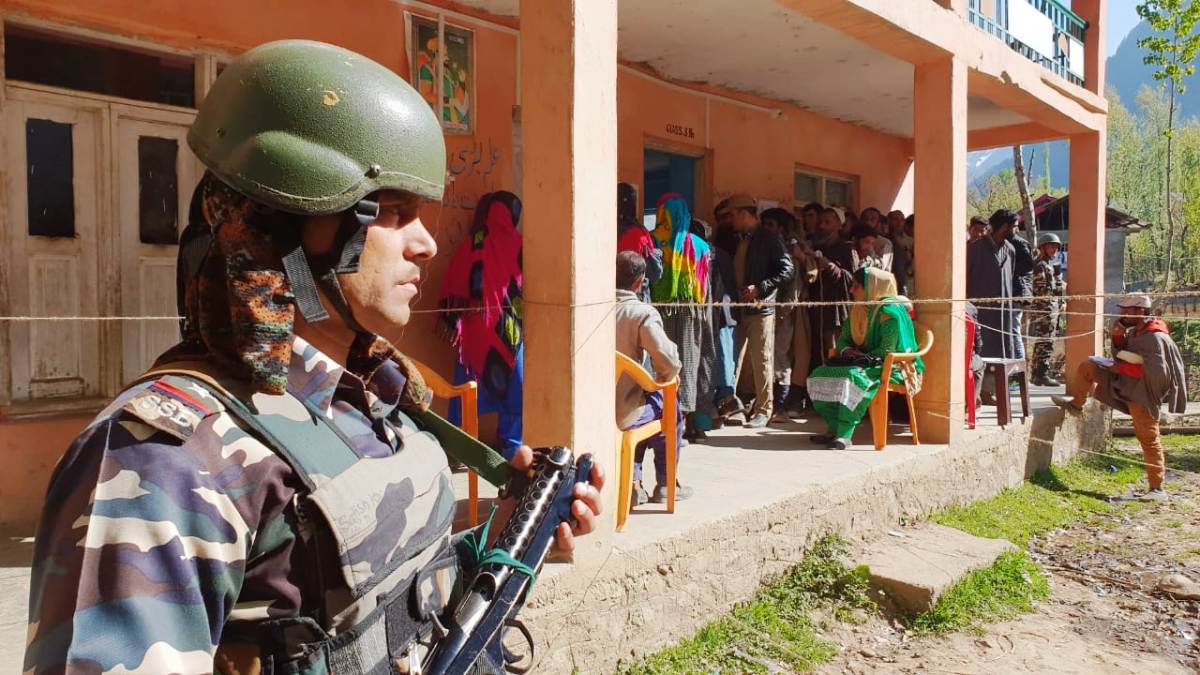by Sankarshan Thakur
SRINAGAR: The Mehbooba Mufti government has let out an impassioned plea wrapped in a warning to Prime Minister Narendra Modi: talk to Kashmiri people or face “irretrievable consequences”.
Cabinet minister and spokesperson for the Jammu and Kashmir government, Naeem Akhtar, flagged Modi as “the only man who can change the Kashmiri ecosystem” and said: “The situation is dangerous and it is out of our hands; it is only New Delhi that can do something about Kashmir, perhaps only the Prime Minister who can do something. It is not in our hands but Modi can still do it.”
But what? “One statement of intent, an unqualified statement saying ‘ baat karenge (we’ll talk)’ can begin to change things. It’s the only way out, allow us to breathe at least,” Akhtar replied.
Implicit in what he said was the PDP’s annoyance at, and its disapproval of, the Modi government’s steadfast refusal to open dialogue in Kashmir.
Akhtar was speaking exclusively to The Telegraph at his residence in Gupkar, Srinagar’s power district, on Friday morning.
Visibly anguished at the naked sectarianism playing out in Jammu over the eight-year-old Kathua girl who was raped, drugged and murdered in January, and the spiralling bloodshed and rejection in the Valley, Akhtar said: “Those who think they can somehow brazen this out do not understand the grave dangers of it. I fear that after this no democratic experiment will be possible in this state for a long time to come.”
Asked if he meant elections would become impossible to hold in the Valley, Akhtar grimly nodded. He probably had at the back of his head the by-election to the Anantnag Lok Sabha seat, which had to be scrapped last May for fear of violence and remains in abeyance.
He then added: “My fears and foreboding are worse, and they are not for Kashmir alone but for the whole country. There is a radicalisation happening all around us, it is also happening among minorities in the heartland. If this alienation is allowed to fester, Kashmir might become a bunker for them to fight from. There have been a couple of cases… boys from Assam and Hyderabad have come. We are in a very dangerous space. I mean this as a note of caution.”
In this context, he brought up the flaming row over the Kathua rape and murder and said: “It was a positive thing that our partners saw reason and asked the two ministers who had made common cause with the alleged perpetrators to resign. But look at how the Bar Council of India has given a clean chit to Jammu and Kathua-based lawyers despite evidence to the contrary.
“Our hope has again begun to ebb. Is there justice? Is every possible institution getting redefined by the broken bones of a dead child in a desolate grave? Just because (of) her name? What signal are you sending us? Is there anybody out there we can trust? And we are still trying to keep our faith.”
Mehbooba has led an uneasy, often rocky, power alliance with the BJP; her brother and tourism minister Tasadduq Mufti recently vented his frustration, likening the alliance to “partners in crime”.
Akhtar agreed the circumstances in government were “extremely painful and challenging” but defended staying the course and said giving up was not an option.
“Things could have been worse if we were not in government,” he reasoned. “It is painful for all of us, we are tested every day when people are killed or when our partners say something about Kashmir and Kashmiris, but what is the option? Where do we go, what do we do except try to make this unique arrangement work?”
That “unique experiment” Akhtar defined in the framework imagined and effected by the late Mufti Mohammed Sayeed. “In a sense, ours was a new accession to India,” he said. “It was a new and very bold accord between the people of Kashmir and Jammu and the new India that had mandated Narendra Modi. Mufti saheb had no illusions it would be very tough, but he also said Jammu and the new mandate of India could not be ignored. We invested in it, we put our trust in the alliance and in Modi, we want it to work, is this our fault?”
Akhtar said the PDP-BJP alliance was stable but quickly added that stability in power wasn’t the issue.
“The issue is what we have done with power, with what we set out to do under the agenda of the alliance. We have not achieved much; in fact there is much cynicism and alienation. We are inheritors of a legacy of betrayal – it happened with Sheikh Abdullah, with Farooq Abdullah – and yet we renewed our trust. We have to make something of it or we will head into an irretrievable situation.”
He threw up his hands at what could save it. “Only the Prime Minister and we haven’t given up our optimism, despite everything.”
The author is a Roving Editor of The Telegraph and this report appeared in the newspaper under the heading Modi ally’s plea: talk or else on May 1, 2018















